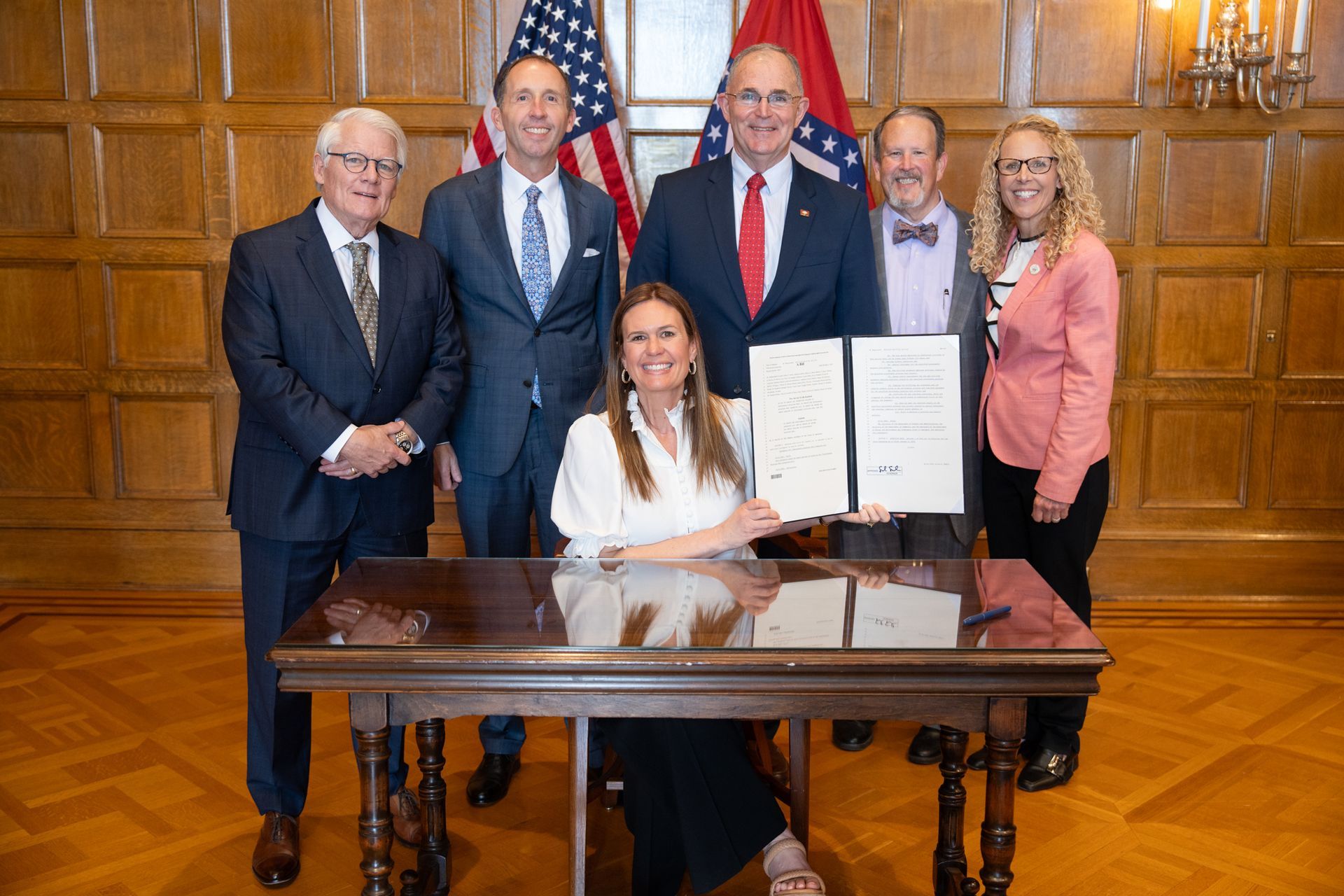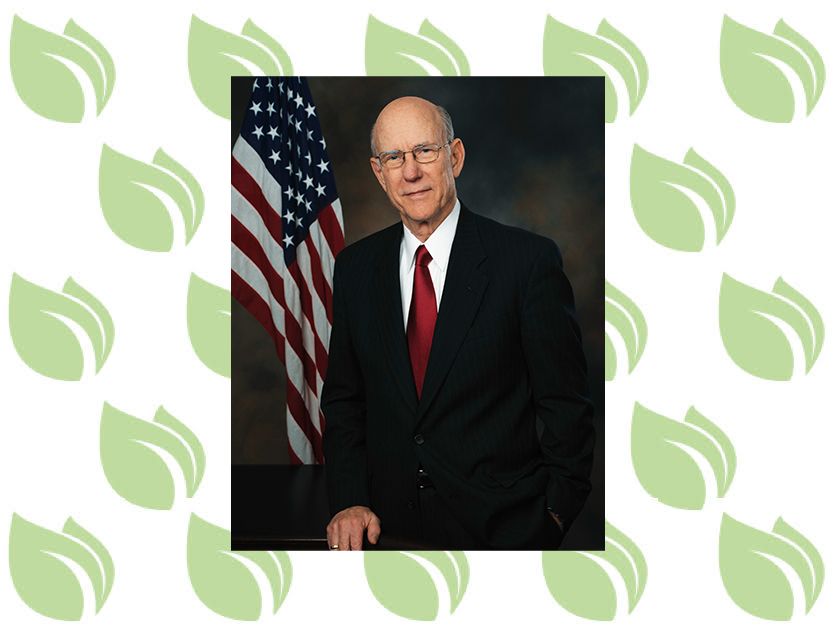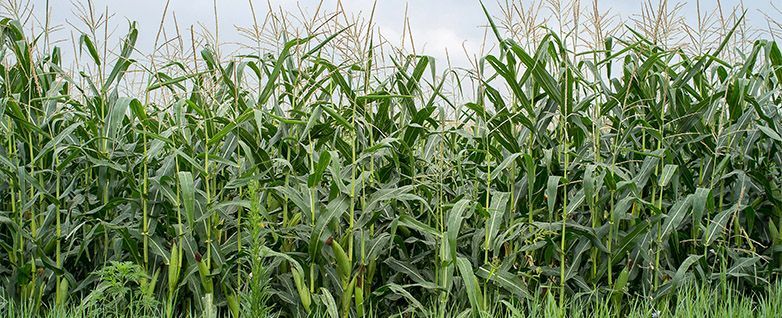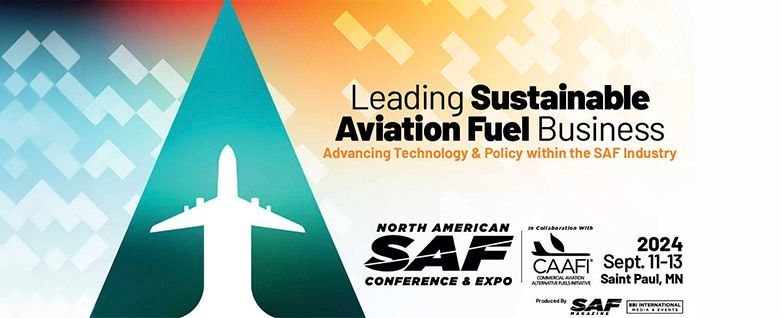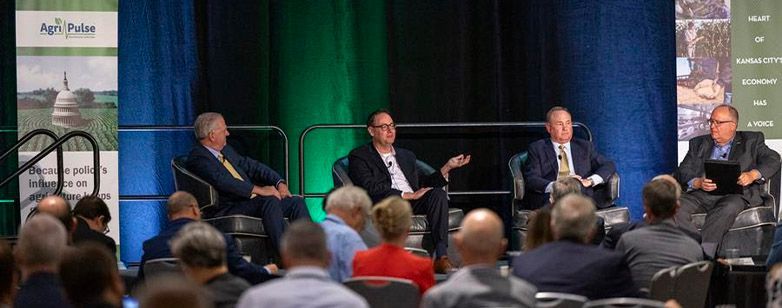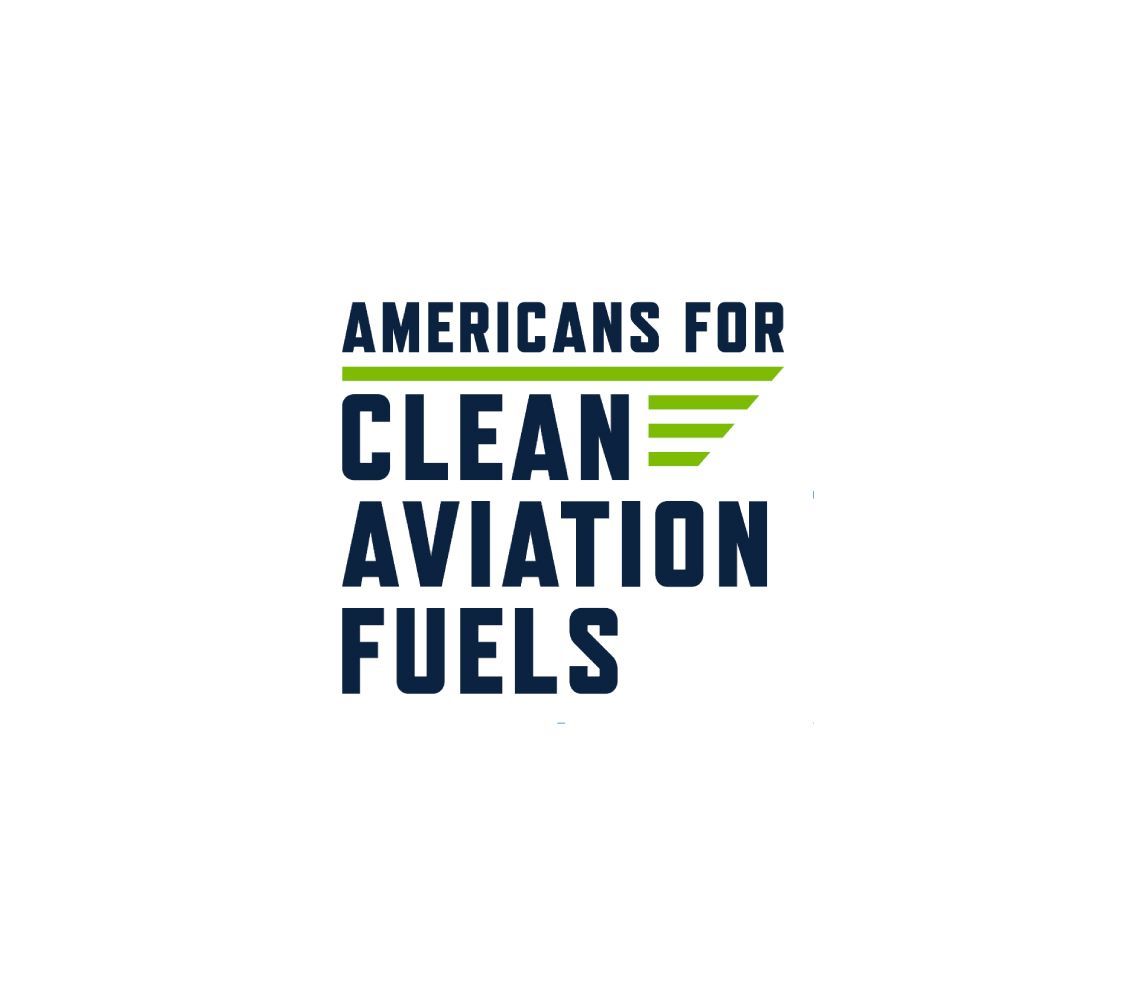Albany Times Union Op-Ed: A Chance for New York to Decrease Emissions from Air Travel
Albany Times Union Op-Ed: A Chance for New York to Decrease Emissions from Air Travel
In Case You Missed It: Chief Sustainability Officer for Delta Air Lines, Amelia DeLuca, authored an op-ed in the Albany Times Union calling on the New York Legislature to pass a clean fuel standard. As airlines work toward a net zero goal by 2050, sustainable aviation fuel (SAF) is one of the most promising ways to reach that goal and reduce carbon emissions. In the piece, DeLuca highlights the economic and job creation benefits of building the SAF market in addition to the positive environmental impact.
A Chance for New York to Decrease Emissions from Air Travel
By: Amelia DeLuca
March 21, 2024
New York has long been a leader in combating climate change. But reaching New York’s ambitious targets to reduce greenhouse gas emissions is going to take governments and industries working together to cross the finish line – and the transportation industry must be part of the conversation.
Right now, transportation accounts for approximately a third of greenhouse gas emissions in the U.S., the largest share of any sector. The global aviation sector alone is responsible for 1 billion tons of emissions, 3% of the world’s total. At the root of the problem is airlines’ dependence on petroleum-based fuel options.
Currently, sustainable aviation fuel (SAF) is the most promising lever to accelerate the airline industry on a path to net zero by 2050. A drop-in renewable fuel first piloted in 2009, SAF is produced using biological materials like food and yard waste, woody biomass, fats, greases and oils, and other feedstocks rather than petroleum. SAF can reduce aircraft emissions by up to 80% and offers a much-needed alternative to our greatest carbon emitter, conventional jet fuel.
At Delta, jet fuel makes up approximately 90% of our carbon emissions, meaning a viable alternative like SAF, useable in today’s aircraft engines, could dramatically transform the entire airline sector.
The problem now, however, is scale and lack of parity compared to other alternative fuels like renewable diesel. There isn’t enough SAF in the world right now to power commercial aviation for a single day – with an estimated 35 billion gallons needed in the U.S. alone by 2050. Growing a viable market for this fuel source requires a joint government and industry approach that bridges different sectors and interests to signal demand and attract investment to jumpstart production.
This year, legislators in Albany have the opportunity to do just that: passing a clean fuel standard would incentivize producers to create low-carbon fuels that can power existing cars, trucks and planes.
Only three states in the country have adopted programs like the clean fuel standard – California, Oregon and Washington. California, the first state to implement a low-carbon fuel standard, added SAF as an opt-in fuel in 2019 and currently leads the country in SAF production. Since then, U.S. production has increased from 2.4 million gallons in 2019 to 14 million gallons in 2023, with the lion’s share of production and uplift taking place in California. Further, according to the University of California, the state is now on track to replace 100% of fossil diesel by 2028 or 2029, far outpacing New York.
In addition to the vast environmental benefits, this type of transportation standard represents a significant economic value proposition, with the potential to promote meaningful job growth in the clean-energy sector. By enacting this standard, state legislators can also ensure no one state or region monopolizes the SAF market, meaning greater innovation, job creation and economic activity.
New York has a strong record of ensuring equitable clean energy access. State incentives like the Charge NY initiative catapulted the electric vehicle industry, making EV ownership a reality for more New Yorkers looking to play a role in fighting climate change. That same enthusiasm must now also be applied to SAF. Passing the clean fuel standard and enabling the development of a robust SAF market is a logical next step for leaders in Albany to create a more sustainable future and future of travel for all New Yorkers.
Amelia DeLuca is Delta Air Lines' chief sustainability officer.


